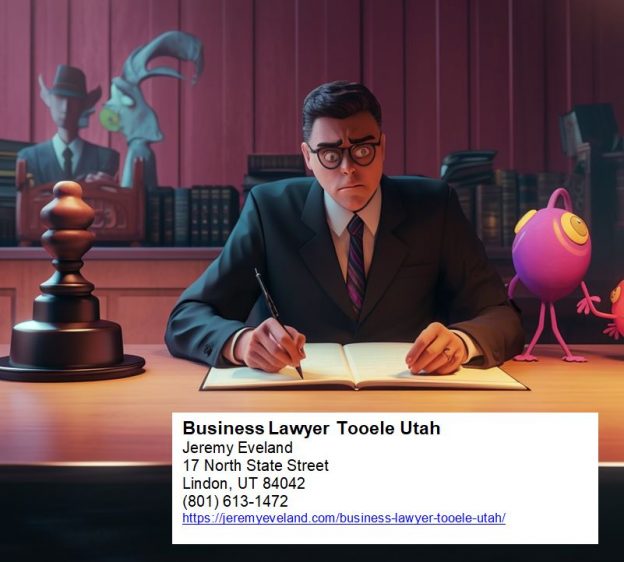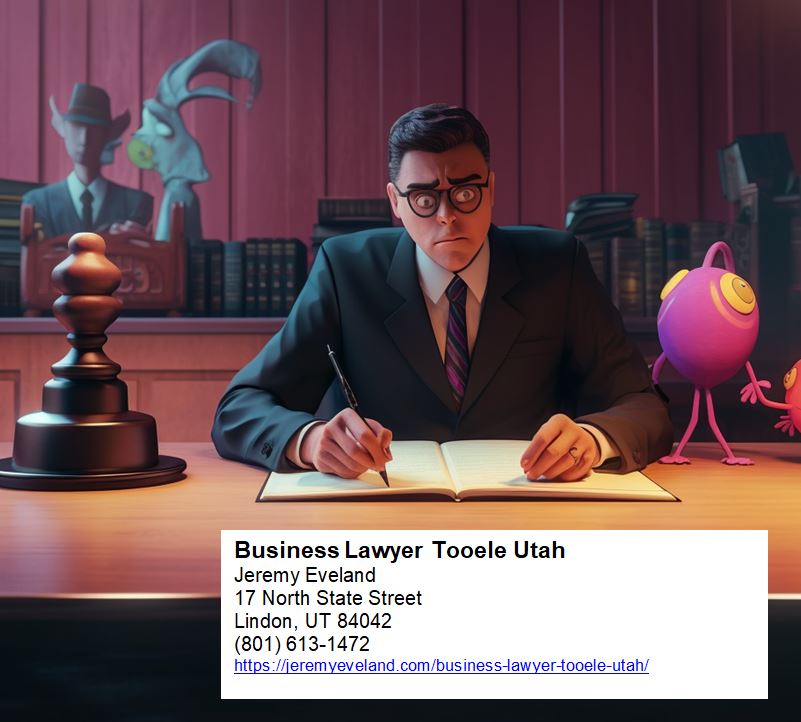In today’s increasingly complex legal landscape, it is essential to have a dedicated and highly skilled legal team by your side to navigate the challenges of criminal defense. The Criminal Defense Legal Team is comprised of experienced and reputable lawyers who are well-versed in all aspects of criminal law. With their vast knowledge and expertise, they provide comprehensive legal guidance and representation to individuals facing criminal charges. Whether you are dealing with a misdemeanor or a serious felony, the Criminal Defense Legal Team is committed to protecting your rights and achieving the best possible outcome for your case. With an unwavering dedication to their clients and a proven track record of success, they are the advocates you need in your corner. Call the Criminal Defense Legal Team today for a consultation and take the first step towards securing your future.

Overview
When facing criminal charges, it is crucial to have a strong legal team by your side. A criminal defense legal team consists of professionals who have expertise in criminal law and can protect your rights throughout the legal process. They utilize effective defense strategies and have the skills to effectively communicate on your behalf. In this article, we will explore why you need a criminal defense legal team, the qualities to look for in such a team, the roles and responsibilities of team members, the benefits of hiring a legal team, questions to ask when hiring, case studies showcasing successful outcomes, tips on choosing the right team, common types of criminal charges, and frequently asked questions.
Why You Need a Criminal Defense Legal Team
Expertise in Criminal Law
One of the primary reasons why you need a criminal defense legal team is their expertise in criminal law. They have an in-depth understanding of the legal system, including various laws, statutes, and regulations pertaining to criminal offenses. With their knowledge, they can accurately assess your case and develop strategies to build a strong defense.
Protecting Your Rights
A criminal defense legal team is committed to protecting your rights throughout the legal process. They ensure that you are treated fairly and that your constitutional rights are upheld. They will challenge any unlawful actions by law enforcement and work tirelessly to secure the best possible outcome for you.
Knowledge of the Legal Process
Navigating the legal process can be challenging, especially for someone without legal experience. A criminal defense legal team has extensive knowledge of the legal process and can guide you every step of the way. They understand the complexities of court procedures, filing deadlines, and legal documents, ensuring that everything is handled correctly on your behalf.
Defense Strategies
A skilled criminal defense legal team has access to a range of defense strategies. They will thoroughly analyze the evidence against you and identify any weaknesses or inconsistencies. They can challenge the prosecution’s case, negotiate plea bargains, and even argue for the suppression of evidence obtained through illegal means. With their expertise, they can craft a strong defense tailored to your specific circumstances.
Effective Communication
A criminal defense legal team serves as your advocates and ensures effective communication with all parties involved. They will communicate with law enforcement, prosecutors, judges, and other professionals on your behalf, protecting your best interests. They can negotiate on your behalf, present compelling arguments to the court, and keep you informed about the progress of your case.
Qualities to Look for in a Criminal Defense Legal Team
Experience
When selecting a criminal defense legal team, it is essential to consider their experience. Look for attorneys who have a proven track record in handling criminal cases. Experience brings a wealth of knowledge and familiarity with various legal strategies that could be beneficial to your defense.
Reputation
The reputation of a criminal defense legal team speaks volumes about their capabilities. Seek out a team that has a strong reputation within the legal community and positive reviews from past clients. A reputable team will have built strong relationships and earned the respect of judges, prosecutors, and other professionals in the criminal justice system.
Specialization
Criminal law is a complex field with various subcategories. It is crucial to find a criminal defense legal team that specializes in the specific area relevant to your case. Whether it is assault and battery, drug offenses, DUI, or white-collar crimes, an experienced team with specialized knowledge can provide tailored defense strategies to navigate the intricacies of your charges.
Resources
A well-established criminal defense legal team should have the necessary resources to effectively handle your case. These resources may include access to investigators, expert witnesses, forensic specialists, and other professionals who can strengthen your defense. The availability of resources can greatly enhance your chances of a successful outcome.
Client Testimonials
Reading client testimonials and reviews can give you valuable insights into the experiences of past clients. Look for testimonials that highlight the team’s professionalism, effectiveness, and dedication to their clients’ success. Positive testimonials can provide reassurance and confidence in your decision to hire a particular legal team.
Roles and Responsibilities of a Criminal Defense Legal Team
Lead Attorney
The lead attorney is responsible for overseeing the entire defense strategy. They will gather evidence, interview witnesses, and develop a strong defense plan. The lead attorney is the main point of contact for the client, ensuring effective communication and providing legal advice throughout the process.
Associates and Legal Staff
Associates and legal staff work under the guidance of the lead attorney. They assist with research, document preparation, and case management tasks. They play a crucial role in supporting the lead attorney and ensuring all aspects of the defense are effectively handled.
Investigators and Experts
A criminal defense legal team may have access to investigators and experts in various fields. Investigators gather evidence, interview witnesses, and uncover crucial information that can strengthen the defense. Experts, such as forensic specialists or medical professionals, provide specialized knowledge and testimony to support the defense’s arguments.
Support Staff
Support staff, such as paralegals and administrative assistants, handle administrative tasks and ensure the smooth running of the legal team. They assist with scheduling, document management, and client communication, providing valuable support to the entire team.
Benefits of Hiring a Criminal Defense Legal Team
Comprehensive Legal Support
By hiring a criminal defense legal team, you gain access to comprehensive legal support. They will handle all aspects of your case, from investigation and evidence gathering to negotiation and representation in court. With their expertise, they can guide you through the legal process and provide strategic advice tailored to your specific circumstances.
Strong Defense Strategy
A seasoned legal team will develop a strong defense strategy based on the unique details of your case. They will leverage their knowledge, experience, and resources to identify weaknesses in the prosecution’s case and build a compelling defense. With a strong defense strategy, you have a better chance of achieving a favorable outcome.
Increased Chances of Success
Hiring a criminal defense legal team significantly increases your chances of success. They have the knowledge and skills to navigate the complexities of the legal system and seek the best possible outcome for you. With their guidance, you can make informed decisions and take proactive steps to protect your rights and interests.
Reduced Stress and Peace of Mind
Facing criminal charges can be an overwhelming and stressful experience. Hiring a criminal defense legal team alleviates some of that stress and provides peace of mind. Knowing that you have professionals advocating for your rights and working towards the best possible outcome can bring a sense of relief during this challenging time.
Questions to Ask When Hiring a Criminal Defense Legal Team
How long have you been practicing criminal law?
Experience is crucial in the field of criminal defense. Inquire about the length of time the legal team has been practicing criminal law and their experience handling cases similar to yours. The longer someone has practiced, the more likely they have encountered a wide range of scenarios and developed effective strategies.
What is your success rate in similar cases?
Understanding the success rate of a criminal defense legal team in cases similar to yours can provide insight into their abilities and track record. Ask about the outcomes they have achieved for clients facing charges similar to yours and how they plan to approach your specific case.
Who will be handling my case?
It is important to have a clear understanding of who will be handling your case within the criminal defense legal team. If you initially meet with the lead attorney, ensure that they will personally oversee your defense. Clarify how they will involve other team members and what role each member will play.
How will you keep me informed about my case?
Communication is key during a criminal case. Ask the legal team how they will keep you informed about the progress of your case. Inquire about the frequency and method of communication, whether it be through phone calls, emails, or in-person meetings. Clear communication ensures that you are well-informed and actively involved in your defense.
What are your fees and payment options?
Understanding the fees and payment options is essential when hiring a criminal defense legal team. Inquire about their fee structure, including any retainer fees, hourly rates, or flat fees. Clarify what services are included in the fees and discuss payment options that work best for your financial situation.

Case Studies: Successful Outcomes with a Criminal Defense Legal Team
Including case studies showcasing successful outcomes can highlight the legal team’s expertise and ability to achieve favorable results for their clients. These case studies should illustrate how the legal team handled complex criminal cases and secured successful outcomes, such as dismissals, reduced charges, or acquittals. Real-life examples can instill confidence in potential clients and demonstrate the legal team’s capabilities.
How to Choose the Right Criminal Defense Legal Team for Your Case
Evaluate Experience and Expertise
When choosing a criminal defense legal team, evaluate their experience and expertise. Look for teams with a proven track record in handling cases similar to yours. Consider their knowledge of the relevant laws, their familiarity with the local legal system, and their ability to develop effective defense strategies.
Consider the Reputation and Track Record
The reputation and track record of a criminal defense legal team are important factors to consider. Research their reputation within the legal community, including feedback from judges, prosecutors, and other professionals. Additionally, review client testimonials and online reviews to gain insight into the experiences of past clients.
Review Client Testimonials and Reviews
Client testimonials and reviews provide valuable insights into the experiences of past clients. Look for testimonials that highlight the legal team’s professionalism, expertise, and dedication. Positive reviews can indicate a high level of client satisfaction and confidence in their ability to provide exceptional legal representation.
Assess Communication and Accessibility
Effective communication is essential during your legal journey. Assess how accessible and responsive a potential legal team is during your initial consultation. Ensure that they prioritize communication and are willing to keep you informed and involved in your defense strategy. Clear and open communication is crucial for a successful attorney-client relationship.

Common Types of Criminal Charges
Assault and Battery
Assault and battery charges encompass a range of offenses involving physical harm or the threat of physical harm to another person. A criminal defense legal team can carefully examine the details of the alleged incident, challenge the severity of the charges, and build a defense to protect your rights.
Drug Offenses
Drug offenses include the possession, distribution, or manufacturing of controlled substances. A criminal defense legal team can investigate the circumstances surrounding your arrest, challenge the legality of the search and seizure, and work to minimize the potential consequences or seek alternative options such as drug rehabilitation programs.
DUI and Traffic Violations
Driving under the influence (DUI) and traffic violations can have serious legal ramifications. A criminal defense legal team can review the evidence against you, challenge the accuracy of breathalyzer or sobriety tests, and develop a defense strategy to mitigate the charges or seek alternative options such as a plea agreement or diversion program.
Theft and Property Crimes
Theft and property crimes involve the unlawful taking or destruction of another person’s property. A criminal defense legal team can analyze the evidence against you, challenge the prosecution’s case, and seek to have the charges dismissed or reduced. They can also explore potential defenses, such as mistaken identity or lack of intent.
White Collar Crimes
White collar crimes refer to non-violent offenses typically committed in a business or professional setting, such as fraud, embezzlement, or insider trading. A criminal defense legal team with expertise in white collar crimes can navigate complex financial and legal issues, conduct thorough investigations, and build a strong defense to protect your reputation and minimize the potential consequences.
Frequently Asked Questions
What should I do if I am arrested?
If you are arrested, it is essential to remain calm and exercise your right to remain silent. Do not provide any statements to law enforcement without the presence of your criminal defense legal team. Contact an attorney promptly to ensure your rights are protected and to receive proper guidance throughout the legal process.
How do I know if I need a criminal defense legal team?
If you are facing criminal charges, it is highly advisable to seek the assistance of a criminal defense legal team. They have the expertise and knowledge to navigate the legal system, develop effective defense strategies, and protect your rights. Consulting with a legal team will provide you with a clear understanding of your situation and what steps to take.
Can a criminal defense legal team help with an ongoing investigation?
Yes, a criminal defense legal team can provide invaluable assistance during an ongoing investigation. They can guide you through the investigation process, protect your rights while dealing with law enforcement, and strategize ways to minimize potential charges or avoid them altogether.
What are the potential consequences of a criminal conviction?
The potential consequences of a criminal conviction vary depending on the specific charges and the jurisdiction. They can include fines, probation, loss of professional licenses, community service, restitution, and even incarceration. A criminal defense legal team can assess your case’s unique circumstances and provide guidance on the potential consequences you might face.
Are there alternative options to going to trial?
Yes, there are alternative options to going to trial that a criminal defense legal team can explore. These options may include seeking a plea agreement, participating in diversion programs, or pursuing alternative sentencing. A skilled legal team will analyze your case and advise you on the best course of action based on your unique circumstances.
Remember, if you are facing criminal charges, it is crucial to have a skilled and experienced criminal defense legal team on your side. They will provide comprehensive legal support, develop strong defense strategies, and increase your chances of a favorable outcome. By understanding the qualities to look for in a legal team and asking the right questions, you can choose the right team to handle your case. Seek legal representation promptly to protect your rights and ensure the best possible defense.













